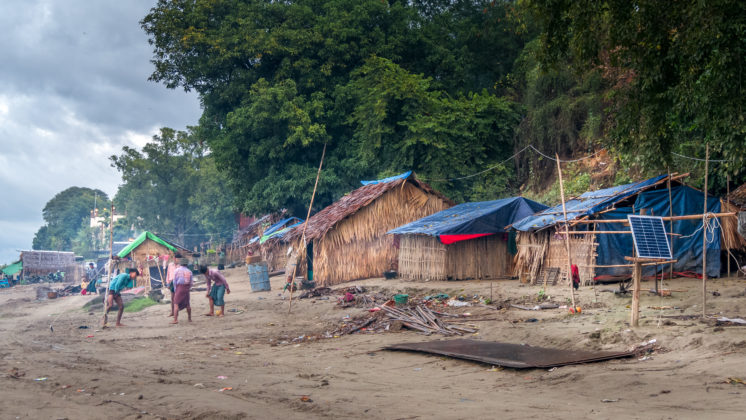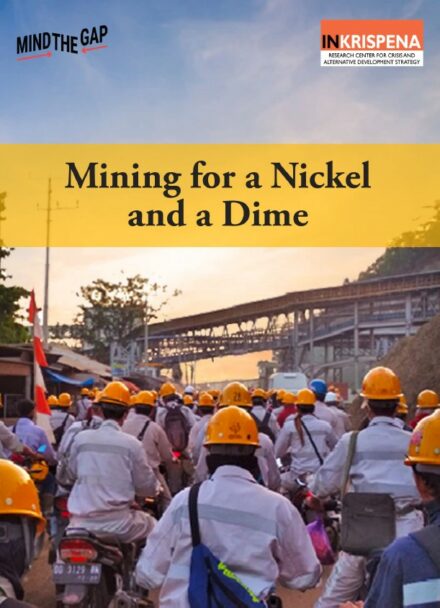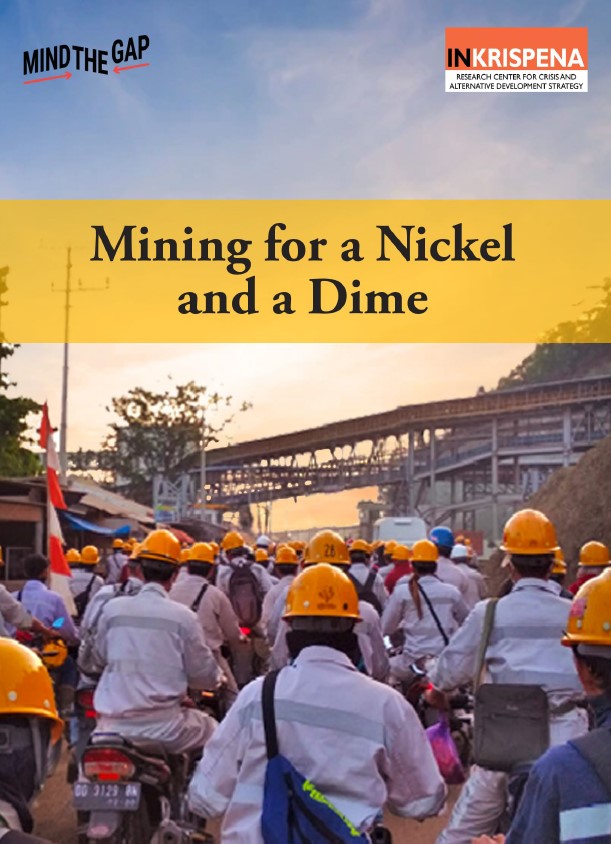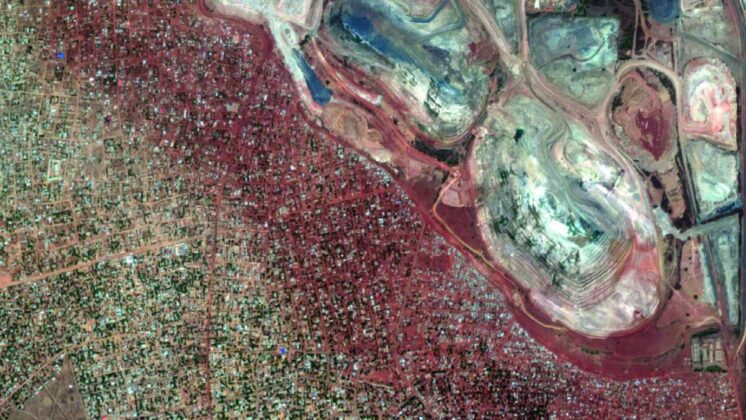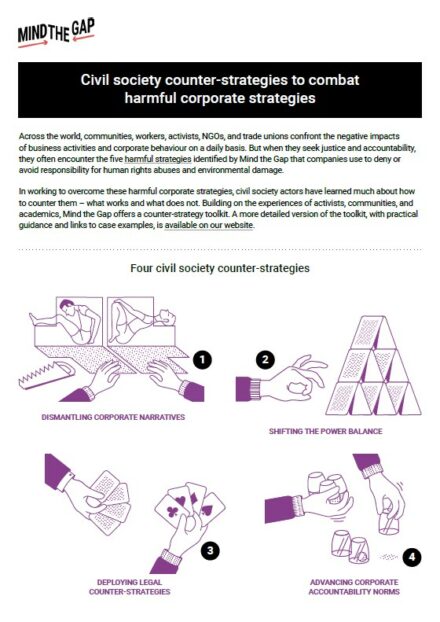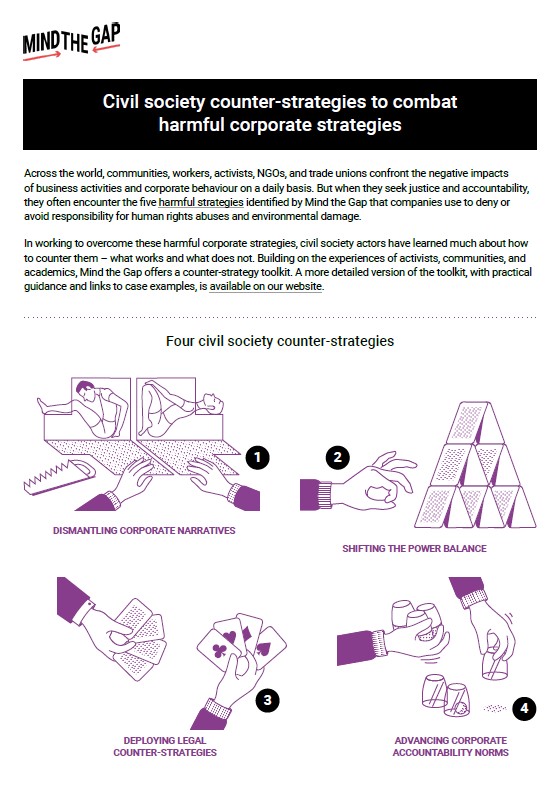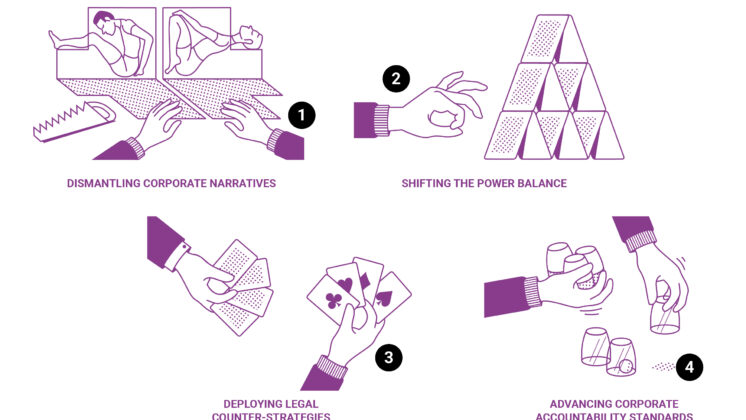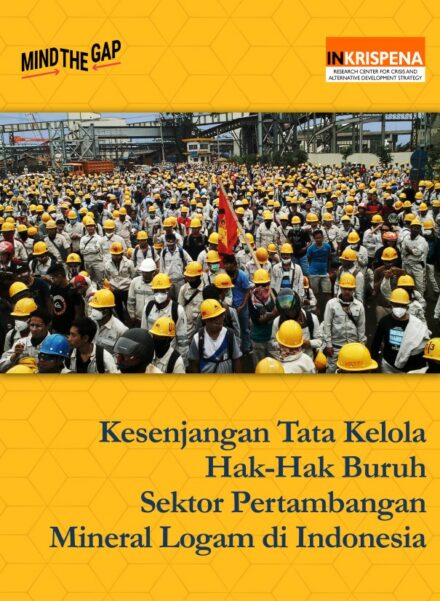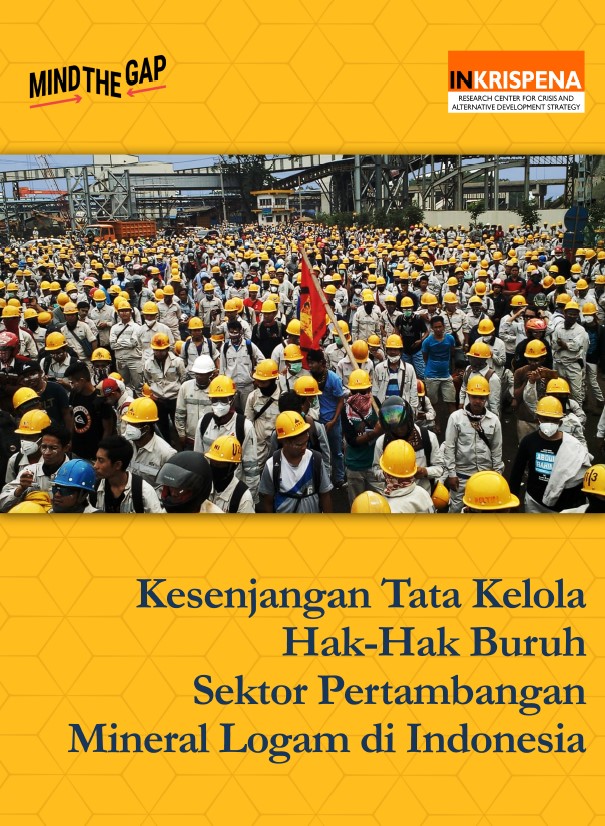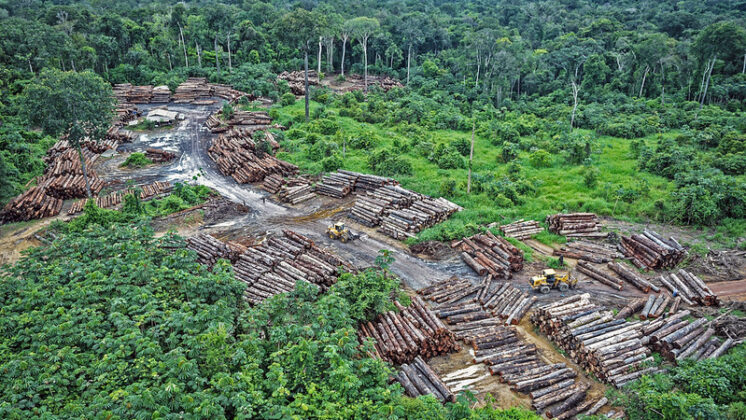To attract foreign investment, some states create so-called “Special Economic Zones”. Companies operating in such zones can benefit from less rigorous environmental and human rights laws.
CASE STUDY: CITIC profiting from displacements by the Myanmar government
Special Economic Zones are defined as “clearly demarcated geographic areas where different legal and regulatory regimes relating to business trading activities apply” in an effort to increase manufacturing, trade and foreign direct investment (FDI).[1] In these more liberal zones, companies can operate with less regard for human rights and environmental impacts because the host state grants them relative impunity.
Special treatment to attract foreign companies can also include granting land concessions without conducting the appropriate consultations with local communities. Rights for workers, communities and the environment are actively lowered by the state in order to facilitate company investment. In this strategy, a governance gap created by the state is willingly exploited by the company.
[1] Robert Nash, Responsible Investment in Myanmar: Lessons from Experiences of SEZ Developments (Oxford: Oxfam GB, 2017), 2, https://myanmar.oxfam.org/policy_paper/responsible-investment-myanmar (accessed November 11, 2019).

